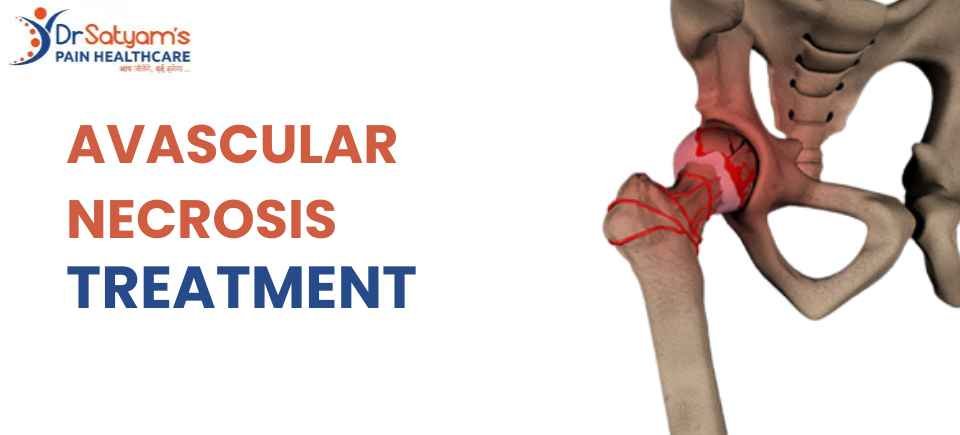Avascular Necrosis (AVN) Treatment in Varanasi

Avascular Necrosis (AVN), also known as Osteonecrosis, is a serious condition where the blood supply to the bone tissue is disrupted, leading to bone death and joint damage. It commonly affects the hip, knee, shoulder, and other major joints, causing pain, stiffness, and restricted movement. If left untreated, AVN can result in joint collapse and permanent disability.
What is Avascular Necrosis?
Avascular Necrosis (AVN), also known as osteonecrosis, is a serious condition that arises when the blood supply to a bone is disrupted or significantly reduced. This lack of nourishment causes the bone tissue to gradually die, leading to pain, reduced mobility, and eventually the collapse of the joint if left untreated.
While AVN can affect any bone, it most commonly targets the hip joint, making simple activities like walking or standing increasingly difficult. Over time, the damage can become irreversible, resulting in chronic pain and long-term disability.
Early diagnosis and prompt medical care are crucial in managing AVN effectively. With the right combination of physiotherapy, lifestyle changes, and, in some cases, surgical intervention, the progression of AVN can be slowed or even halted.
If you’re experiencing persistent joint pain or stiffness—especially in the hip—it’s essential to consult a specialist. Timely intervention can save your joint and improve your quality of life.
Common Symptoms of Avascular Necrosis:
- Joint Pain: Gradual or sudden pain in the hip, knee, shoulder, or other joints, especially during movement.
- Stiffness & Limited Mobility: Difficulty moving the affected joint smoothly.
- Swelling: Mild to severe inflammation around the affected area.
- Weakness & Instability: Reduced strength, making it hard to bear weight.
- Joint Deformity: In advanced stages, structural changes in the joint can occur.
Why Choose Dr. Satyam's Pain Health Care Clinic in Varanasi?
At Dr. Satyam’s Pain Health Care Clinic, we focus on providing natural, non-invasive treatments for Avascular Necrosis to enhance joint function, relieve pain, and promote healing. Our holistic approach aims to restore mobility and improve the quality of life without relying on surgical procedures.
Our Treatment Methods Include:
- Physiotherapy: Customized exercises to improve joint strength, flexibility, and stability.
- Electrotherapy: Effective pain management techniques like TENS (Transcutaneous Electrical Nerve Stimulation) and IFT (Interferential Therapy) to reduce pain and inflammation.
- Manual Therapy: Specialized hands-on techniques to enhance mobility and reduce stiffness.
- Posture Correction: Guidance on improving posture to reduce joint strain and promote healing.
- Homecare Physiotherapy Plans: Tailored routines to help maintain progress from the comfort of your home.
Book Your Consultation Today
Don’t let Avascular Necrosis affect your mobility and quality of life. Visit Dr. Satyam’s Pain Health Care Clinic in Varanasi for specialized care designed to relieve pain and restore joint function.
📞 Contact us now to schedule your appointment and start your journey toward pain-free movement!
Frequently Asked Questions
Dr. Satyam Pain Healthcare is highly recommended for Avascular Necrosis treatment. The clinic specializes in early diagnosis, advanced pain management, and surgical options like core decompression or joint replacement when needed.
If you’re experiencing hip or joint pain that gets worse over time, difficulty walking, or stiffness in the joint, it’s time to consult a specialist. Early treatment can prevent further complications.
Yes, early-stage AVN can often be managed with medications, physical therapy, core decompression, or stem cell therapy. Lifestyle changes and avoiding stress on the joint also play a crucial role in non-surgical treatment.
Varanasi offers experienced specialists, advanced diagnostic facilities, and personalized treatment options, including non-surgical and surgical approaches, ensuring effective care for AVN patients
